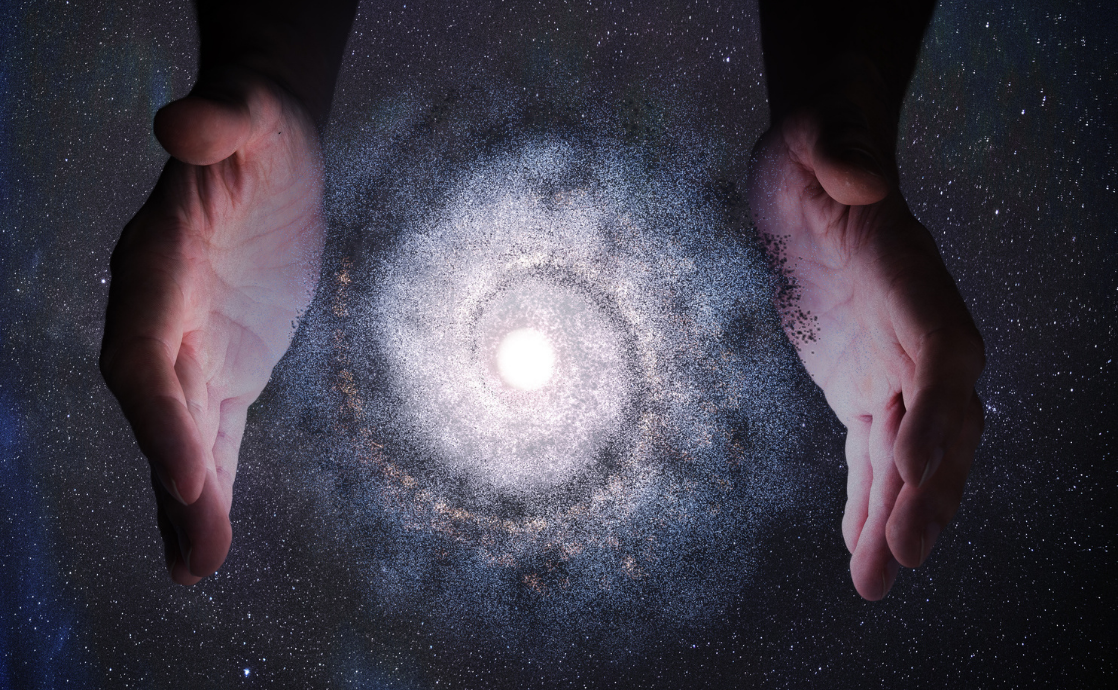In the vast expanse of human spirituality, one often encounters a myriad of belief systems, each offering its unique interpretation of the divine. The Bahá’í Faith emerges within this landscape as a beacon of unity, advocating not only for the coexistence of different religions but also for a profound comprehension of the Creator that transcends the parochial confines of individual beliefs. This perspective urges followers to adopt a holistic view of the Creator—a paradigm that encourages the appreciation of diverse religious narratives while recognizing their shared origins and ultimate purpose.
At the heart of Bahá’í teachings lies the concept of the oneness of God. This principle posits that the Creator is a singular, unknowable essence that transcends all comprehension, akin to an infinite ocean. Just as an ocean appears as a singular body of water, its depths harbor a multitude of currents, temperatures, and life forms, a reflection of the unifying nature of the divine. Each religion, then, can be likened to a distinct current flowing through this vast ocean—the manifestation of God’s will articulated through various prophets and figures throughout history.
This metaphorical ocean, rich with life and variation, signifies the extensive tapestry of religious thought. Bahá’ís believe that all major world religions—Judaism, Christianity, Islam, Hinduism, Buddhism, and others—are like interconnected tributaries that contribute to this divine ocean. Each stream possesses its own unique characteristics while ultimately flowing toward the same source. This understanding fosters an appreciation for the essential teachings found in all faiths, highlighting shared values such as love, justice, and compassion.
The recognition of the holistic nature of religion fosters a comprehensive examination of the unfolding of religious history. Bahá’ís assert that humanity’s spiritual evolution has occurred through successive stages of divine revelation, each designed to cater to the needs of a particular society at a given time. These revelations can be seen as chapters in an ongoing narrative of divine communication. Each prophet, from Moses to Muhammad to Bahá’u’lláh, provided teachings that were ideally suited to the cultural and historical contexts of their followers. However, this does not diminish the importance of previous revelations; instead, it signifies an intentional progression toward a more profound understanding of the divine.
In this vein, Bahá’ís engage with the concept of progressive revelation with vigor. The teachings of Bahá’u’lláh, the founder of the Bahá’í Faith, offer new insights while upholding the sanctity of prior scriptures. This notion of progress does not suggest a hierarchy among religions but rather an evolutionary development where each stage builds upon and reinforces the last. It illustrates the dynamic interplay between continuity and change, an interplay vital for the spiritual maturation of humankind.
Moreover, the relationship between the Creator and humanity symbolizes a dance of reciprocal influence. Just as a musician and an audience coalesce in harmony, so does the divine essence interweave with human experience. Bahá’ís assert that humanity has the inherent capacity to understand God’s attributes—such as wisdom, justice, and mercy—as manifestations evident within the natural world and within ourselves. Recognizing these attributes in our interactions fosters a deeper relationship with the Creator, inviting a continual journey of discovery and growth.
This journey encourages the individual to engage with the divine promise of unity. Within the Bahá’í framework, unity is not merely desired; it is ordained as a fundamental principle. Bahá’í teachings state that the advancement of civilization is contingent upon the collective acceptance of the oneness of humanity and the interdependence of all peoples. This underscores the critical need for religious tolerance and understanding in a world often fraught with division.
Socially, the Bahá’í commitment to the oneness of humanity has unique appeal. It invites individuals to transcend their egos and engender a spirit of service that prioritizes communal well-being over parochial interests. The Bahá’í community actively engages in initiatives that promote social and economic development, advocating for education, gender equality, and the elimination of racial prejudices. These actions stem from a holistic view of religion: faith is not merely a personal affair but a catalyst for the collective upliftment of society.
Philosophically, the Bahá’í Faith, with its emphasis on the unity of religions, positions itself as a bridge that spans the chasms of doctrinal disparity. This bridge offers a platform for dialogue and understanding, enabling humankind to engage with divergent beliefs in a context of respect and inquiry. Such dialogue serves not merely as a means to find commonality but also as a vital process of engagement with the unknown, which enriches our spiritual lives and nurtures a collective consciousness.
In conclusion, Bahá’í teachings beckon us to adopt a holistic view of the Creator and religions, urging a recognition of the underlying oneness that binds the human family. It frames the spiritual quest not just as an individual endeavor, but as a communal pilgrimage towards understanding unity in diversity, leading to a richer and more harmonious existence. As humanity navigates the complexities of the modern world, the Bahá’í perspective stands as a clarion call: to embrace the variegated experiences of faith as threads that weave into the singular fabric of divine love and purpose.
